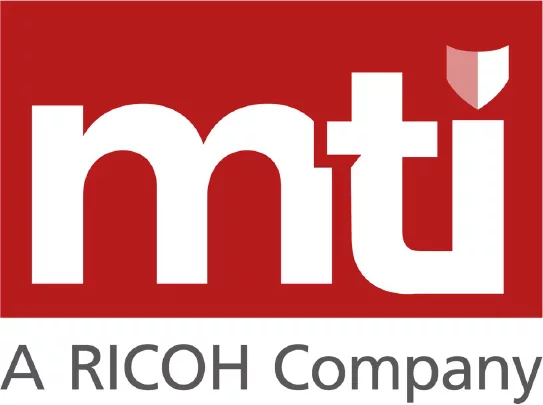For more than three centuries, the word ‘hybrid’ was rarely used in polite company, existing mainly as a biological term. Today, it is enjoying late-blooming popularity. People drive hybrid cars, enterprises deploy hybrid infrastructure. We live in an increasingly hybrid world.
Cloud computing and digital transformation have played a vital role in expanding infrastructure beyond the physical limitations of company premises. There are few, if any, organisations that do not have a presence on or interaction with the cloud. But that expansion has also led to much soul-searching over issues like security, resilience and continuity.
Protecting your data and continuity
The level of security, data integrity, resilience and continuity for on-premise data centres is set by and the responsibility of the organisations that own them. Cloud-based data centres are not directly controlled by the enterprises that use them but by the third-party providers who own them. Understandably, this initially made organisations hesitant to entrust their data to outside providers.
Most of those concerns have been assuaged over time. Any lingering qualms have been pushed aside as the pandemic accelerated the adoption of cloud-based infrastructure by enterprises, particularly with the large-scale shift to remote working that accompanied lockdowns in many countries.
In addition, the impetus driving many organisations to digitally transform their businesses has caused many to adopt more cloud-based infrastructure.
The advantages of hybrid cloud
It is no exaggeration to state that hybrid cloud is becoming a prominent force in the IT landscape. IDC recently forecast cloud infrastructure spend would grow to $74.3 billion this year, with shared cloud infrastructure accounting for $51.4 billion and dedicated cloud infrastructure $22.8 billion.
Research by IDG in 2020 found 81% of enterprises had adopted hybrid cloud as part of their IT infrastructure strategy. A mere 8% retained entirely on-premise infrastructure.
The shift to hybrid infrastructures requires organisations to place a much greater emphasis on data integrity, security and resilience. Enterprise data backup and recovery is not a simple process. Securing large amounts of data in complex IT environments can be a major challenge. Applying that process in a hybrid environment can be even more complicated.
To try and overcome these issues, businesses need to deploy enterprise-class technology and data protection services. Businesses managing critical data – and data is becoming increasingly critical to all organisations – need an effective backup and recovery strategy in place.
Managing your hybrid infrastructure
Business continuity and recovery is vital for businesses in today’s world. The cost of data loss, a security breach or downtime, can be potentially fatal. With hybrid cloud, organisations can replicate data from on-premise systems in the cloud. It can also deliver a much less costly option than maintaining a physical secondary disaster recovery site.
But hybrid infrastructure can also lead to more complex IT environments as businesses have to manage diverse types of infrastructure across various cloud providers and on-premise.
Businesses can find it difficult to manage and secure a range of private, public and hybrid cloud technology with physical, virtual and cloud servers. As a consequence, more and more organisations are turning to managed services to keep pace with their rapidly changing business requirements.
How MTI can help
MTI has decades of experience in the data centre world and in ensuring operational resilience across organisations. With a reputation as a “safe pair of hands” and as a four-times winner of CRN’s Security VAR of the Year award, MTI is eminently qualified to help enterprises find the optimum infrastructure for their organisation.
Data protection forms a core part of any business continuity plan and MTI’s Data Protection Assessment uses easy to load and non-intrusive tools to determine the parameters required to improve existing data protection. It provides an insight in-to how businesses can reduce business expenditure and increase efficiency when it comes to backup and recovery processes. The assessment ensures businesses have the appropriate data protection strategy for all their workloads, including hybrid cloud, big data and mobile.
Where and how data is stored, accessed, managed and secured is an important consideration for enterprises, especially with the growing popularity of hybrid infrastructure. With MTI’s Storage Health Check, businesses can gather configuration and performance data from their storage systems without disruption. The information provided is used to produce an in-depth analysis and TCO model with recommendations and feedback.
Should any issues, or scope for improvement be identified during the health check, MTI can provide a recommendation that helps you understand the right course of action to take. This could be as simple as steps to maintain the status quo, or it may be the foundation of a new solution design, which we will, of course, assist you with. MTI can also advise you on the best solutions to suit your individual use case.

